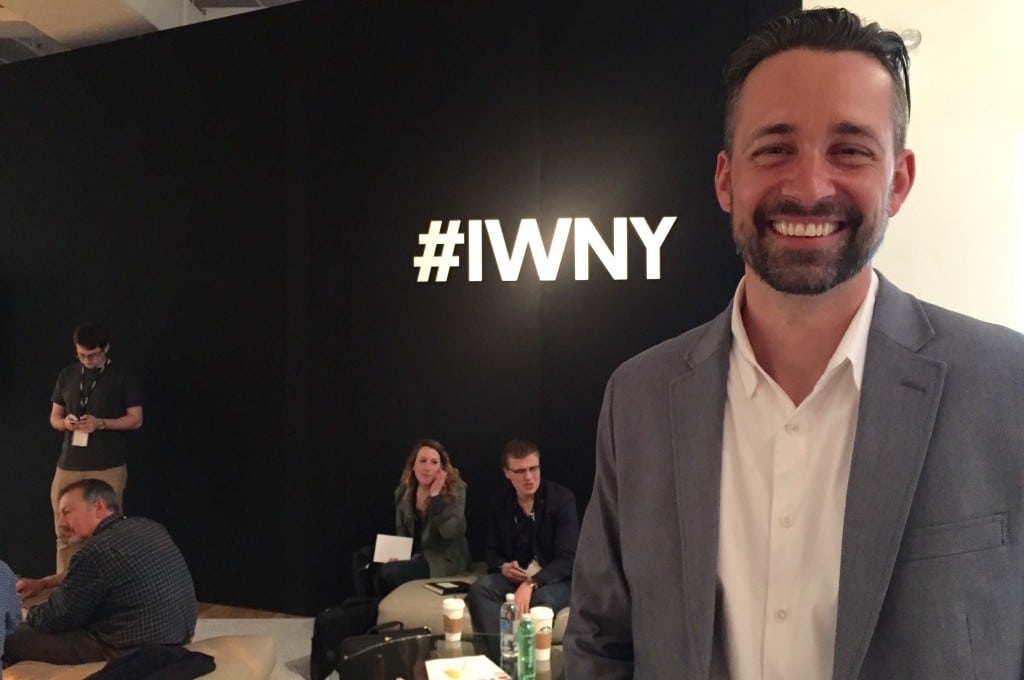All Mobile Bookers Aren't Created Equal, Priceline Official Says

Skift Take
Matching future travel dates with options that are price or value conscious is key to personalizing travelers' mobile experience.
Some 70 percent of last-minute hotel bookings for Priceline.com come from mobile -- app and site. But when you consider the habits of mobile bookers, they tend to be on polar ends of the spectrum.
That's the view of John Caine, chief product officer at Priceline.com. Skift caught up with Caine yesterday after he participated in a panel, "Get Smarter, Not Bigger: Using Data to Fuel Innovation," during Internet Week in New York City.
Caine detailed a "tale of two users," and air-drew a curve in the shape of an exaggerated smile to
